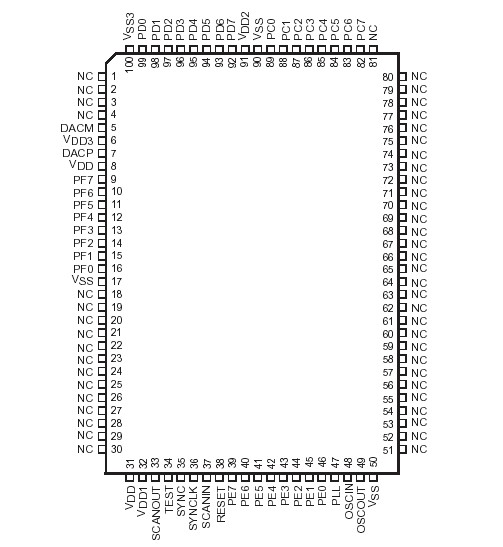MSP50C605: PinoutSpecificationsSupply voltage, VDD (see Note 1) . . . . . . . . . . . . . . . . . . . . . . . . . . . . . . . . . . 0.3 to 7 VSupply current, IDD (see Note 2) . . . . . . . . . . . . . . . . . ...
floor Price/Ceiling Price
- Part Number:
- MSP50C605
- Supply Ability:
- 5000
Price Break
- Qty
- 1~5000
- Unit Price
- Negotiable
- Processing time
- 15 Days
SeekIC Buyer Protection PLUS - newly updated for 2013!
- Escrow Protection.
- Guaranteed refunds.
- Secure payments.
- Learn more >>
Month Sales
268 Transactions
Payment Methods
All payment methods are secure and covered by SeekIC Buyer Protection PLUS.

 MSP50C605 Data Sheet
MSP50C605 Data Sheet








